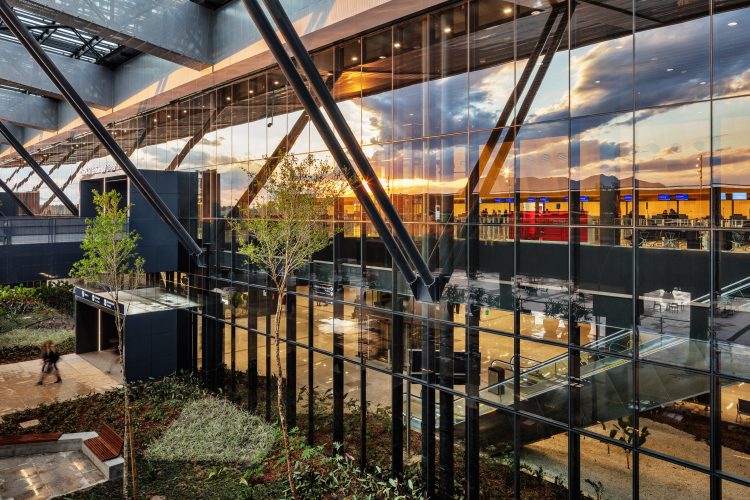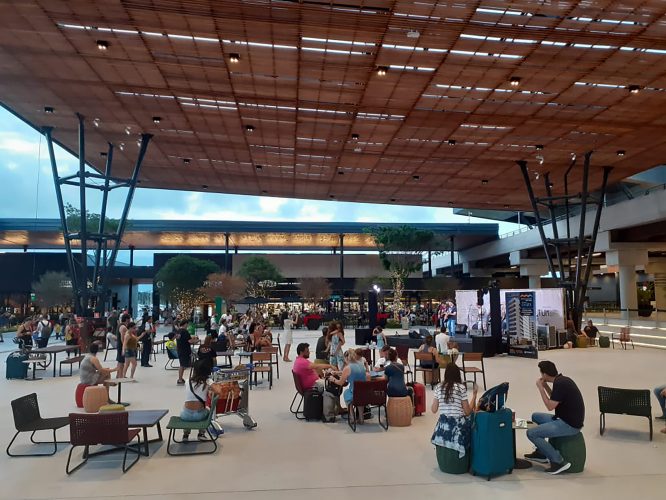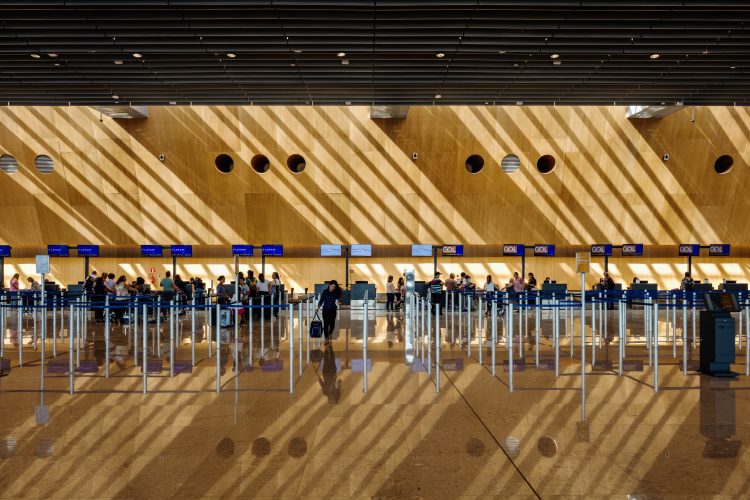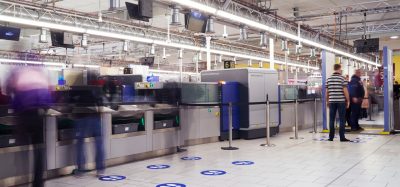A revenue diversification opportunity: Airports as service centres
- Like
- Digg
- Del
- Tumblr
- VKontakte
- Buffer
- Love This
- Odnoklassniki
- Meneame
- Blogger
- Amazon
- Yahoo Mail
- Gmail
- AOL
- Newsvine
- HackerNews
- Evernote
- MySpace
- Mail.ru
- Viadeo
- Line
- Comments
- Yummly
- SMS
- Viber
- Telegram
- Subscribe
- Skype
- Facebook Messenger
- Kakao
- LiveJournal
- Yammer
- Edgar
- Fintel
- Mix
- Instapaper
- Copy Link
Posted: 4 April 2022 | Ricardo Gesse | No comments yet
Ricardo Gesse, CEO Zurich Airport Brasil, gives his opinion on the airport sector presents a significant array of revenue diversification opportunities. There is a new consideration of high potential: airports as service centres.


An important aspect of revenue diversification is to attract the non-travelling public. Airports are spaces prepared for receiving large numbers of people on a daily basis, and not just people intending to travel. They have a significant number of attributes for attracting many types of services, offering a great opportunity for monetary return regarding this additional flow of non-travelling visitors.
It is therefore only natural that public services such as issuing passports, IDs, Driver’s licenses, and vehicle licensing, as well as private services such as notary offices, health clinics, laboratories, and telemedicine centres, among other services, should be located at airports.


Credit: Zurich Airport Brasil
Advantages for both users and businesses
These competitively advantageous features include ample parking, a variety of eating options, a safe and camera-controlled environment, spacious areas for pedestrian traffic, and good highways or access roads.
One of the highlights’ regarding security is the airport infrastructure: together with the constant daily monitoring provided by the security staff contracted by the concessionaires, the federal, state and often municipal police forces are present at the airport premises.
In a world increasingly dependent on flexibility, another important aspect is the fact that airports operate 24 hours a day, seven days a week, 365 days a year, offering a range of working hours that allows businesses to operate at alternative hours or even on a 24/7 basis.
Spacious, modern infrastructures that fully comply with the accessibility standards are examples of further benefits for passengers and future users, making the experience for visitors pleasant and stress-free.
The combination of all these factors puts the airport at an advantage over already consolidated systems such as shopping malls, urban commercial centres, and the current state structures for public services.
The move towards granting airport concessions to the private sector in Brazil has brought about an improvement in the levels of structure, comfort, and services for passengers, which will be increasingly extended to all users.


Credit: Zurich Airport Brasil
Advantages for the airport
Increasing the revenue not directly connected to passengers is one of the greatest challenges for airport managers, and services will play an important role in driving this constant flow of people to airports.
The development of services can bring important future deployments, especially regarding the creation of more complete service ecosystems.
A telemedicine centre might foster an ecosystem of laboratories, diagnostic, and vaccination centres, and eventually even bring a hospital real estate development to the airport site.
Public services such as those offered by Detran (State Department of Transit), as well as the issuing of passports encourage activities such as customs agents, notary offices, areas for driving school tests, and openings for doctors and psychologists.
These ecosystems will make the airport spaces profitable, in addition to receiving direct revenue from the parking lot and increased shopping activities related to food, beverages, and retail stores.
Another very welcome result is that people will slowly get used to going to the airport and becoming acquainted with the infrastructure and the services and facilities offered there. Thus, revenue diversification is consolidated with the ingrained habit of people visiting the airport, making it a new urban space that becomes integrated with city life.
In short, airports need a steady flow of people, and cities have a demand for places that offer infrastructures prepared for receiving large numbers of people per day, while at the same time being safe and easily accessible.
In this scenario, airports operating as service centres are an assured combination and a trend for the future.


Related topics
Airport cities, Non-aeronautical revenue, Parking, Passenger experience and seamless travel, Real estate, Retail


















